Division of Crop Production
Division of Crop Improvement
Division of Crop Production
Arid ecosystem is marked by adverse climatic and edaphic situations such as high temperature, high wind velocity, high evapo-transpiration, low humidity, low and erratic rainfall, low soil fertility, fast deep percolation, sacking of underground water which drastically affect the cultivation of horticultural crops in this region, resulted in to low productivity to ameliorate the adverse effect of climatic and edaphic situation of the region. There is need to develop appropriate technologies. In view of this the division will address issues such as propagation, planting system, canopy management, plant architecture engineering, crop diversifications, organic cultivation, soil fertigation and water management.
Work on basic and applied research on integrated disease and pest, nematode and viruses management of commercial arid and semi arid fruit and vegetable crops, constraints analysis, transfer, impact assessment and refinement of technology, capacity building of the farmers and developmental agencies will be carried out.
Objectives:
1) To develop agrotechniqes for production of arid horticultural crops.
2) To develop value added products from arid horticultural produce.
3) To develop technologies for water and nutrients managements in arid and semi arid horticultural crops.
4) To develop IDM and IPM including biocontrol measures for major diseases and pests of arid and semi arid crops.
5) To undertake market intelligence studies in arid- semiarid fruit and vegetable crops
6) To develop human resource for production aspects of arid and semi arid fruit and vegetable crops. .
Division of Crop Improvement
Arid ecosystem is blessed with wide genetic variability with respect to adverse climate existing in this region. This provides an opportunity for gene mining for drought, salinity and high temperature resistance genes. The region is experiencing a shift in climate and abiotic factors in wake of changing climatic scenario.
The division will address the issue of plant genetic resources conservation, trait specific characterization for improvement of arid horticultural crops. Modern biotechnological approaches will also be employed for faster multiplication and molecular characterization of perennial fruit crops. Issues related to IPM and IDM along with identification of pollinators and host parasite interaction will be addressed.
Objectives:
1. To develop cultivars resistant to biotic and abiotic stresses.
2. To develop protocols for faster multiplication of arid horticultural crops using biotechnological approaches.
3. To transfer desired genes in commercial cultivar using marker assisted breeding.
4. To understand basis mechanism of stigma receptivity, host parasite interaction and adaptation mechanism in arid horticulture.
5. To undertake human resource development programme for improvement of arid horticulture crops.
 ICAR-Central Institute for Arid Horticulture
ICAR-Central Institute for Arid Horticulture

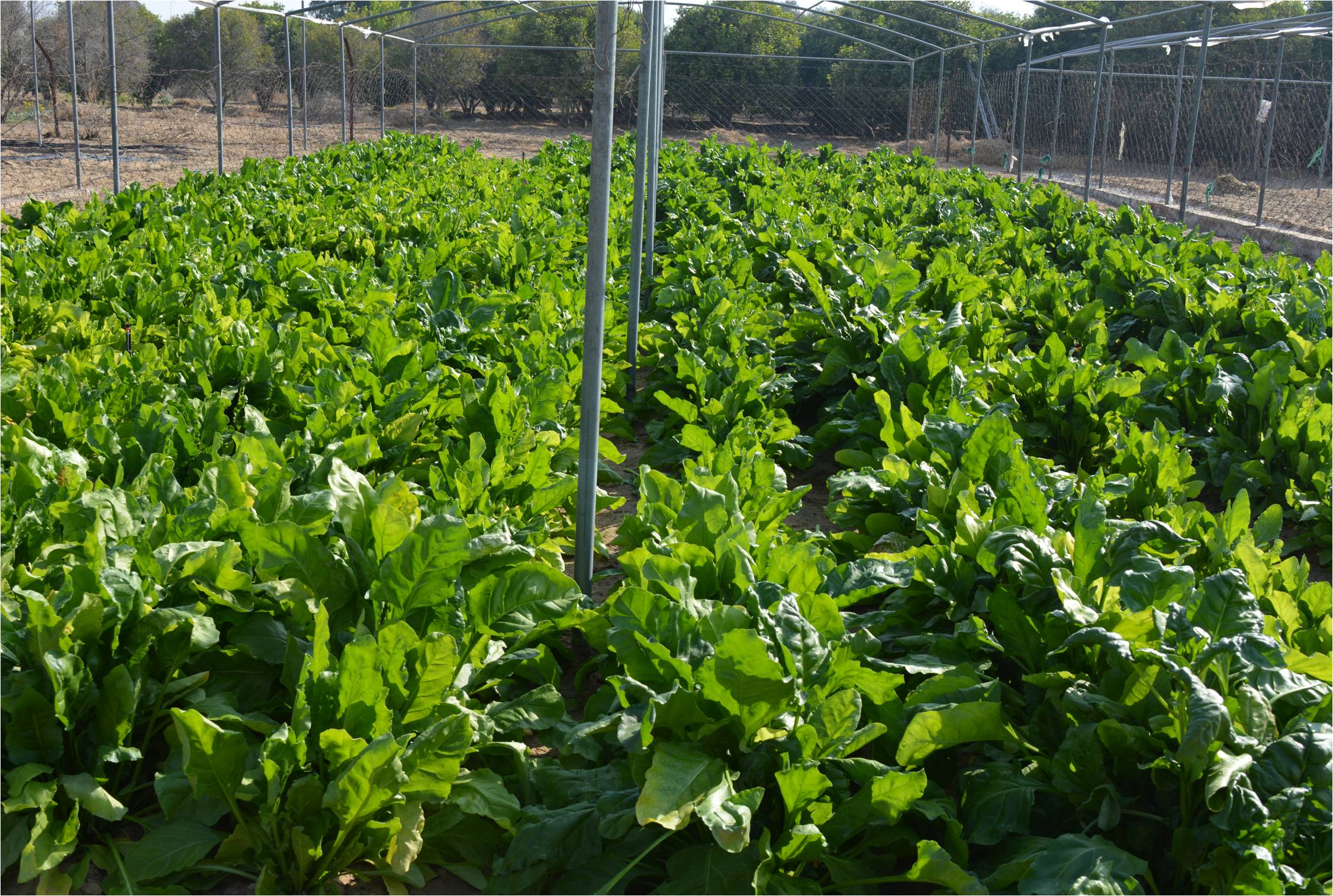
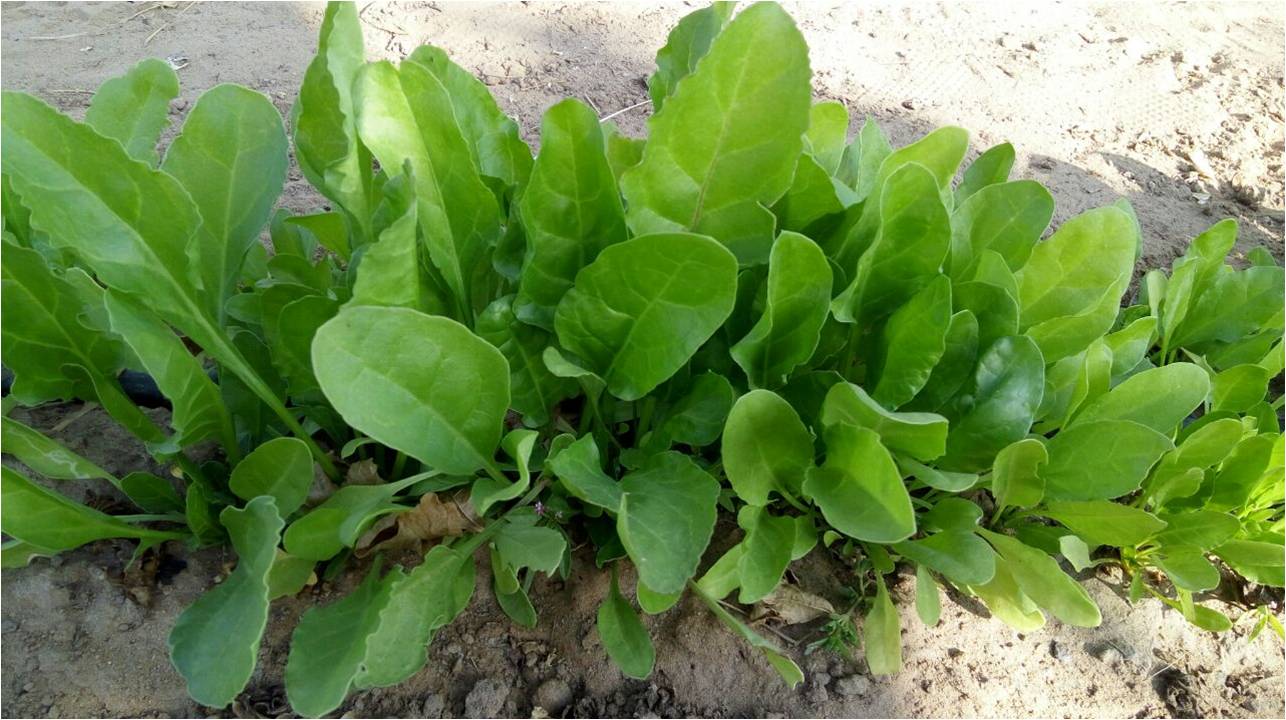
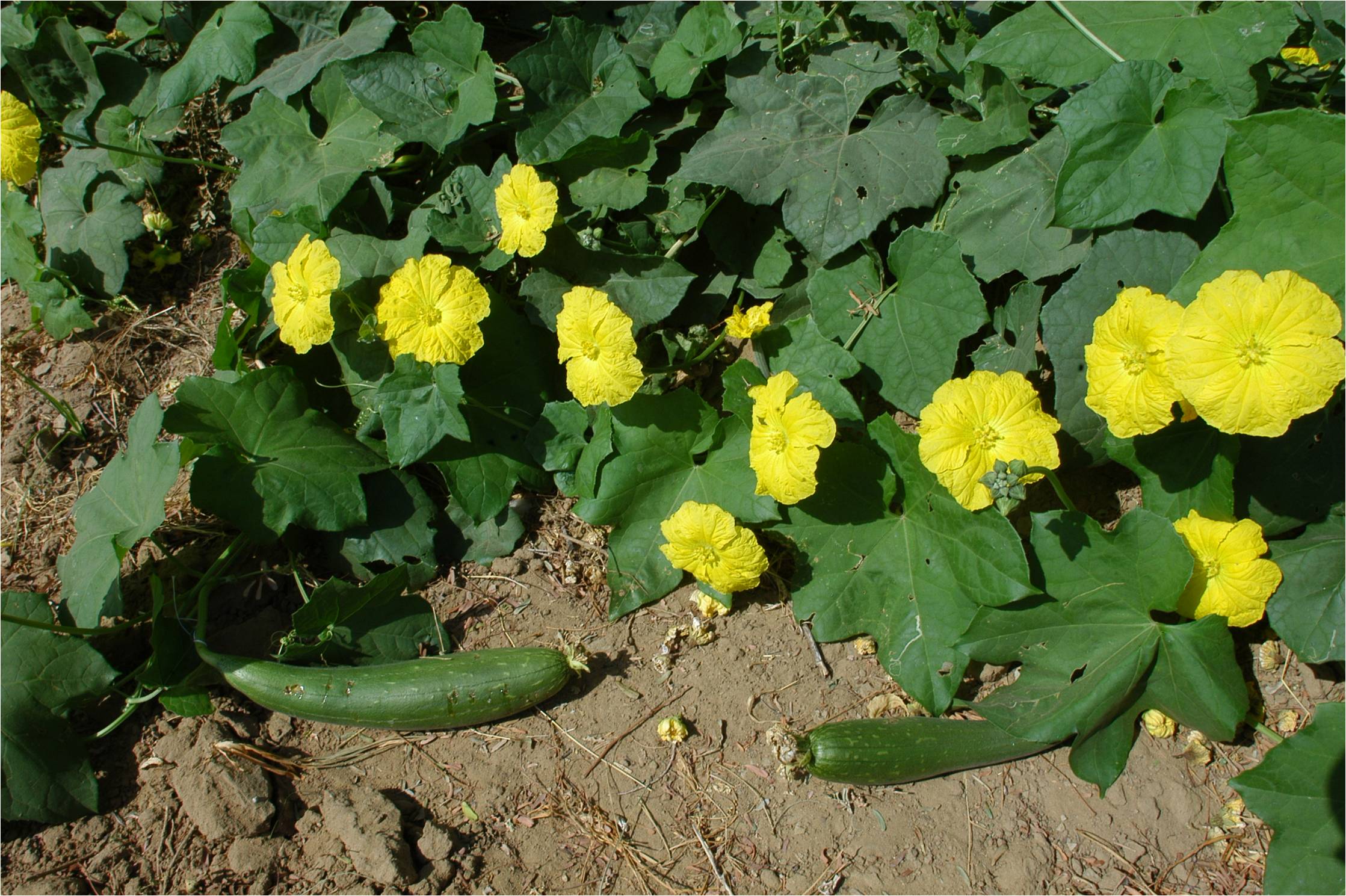
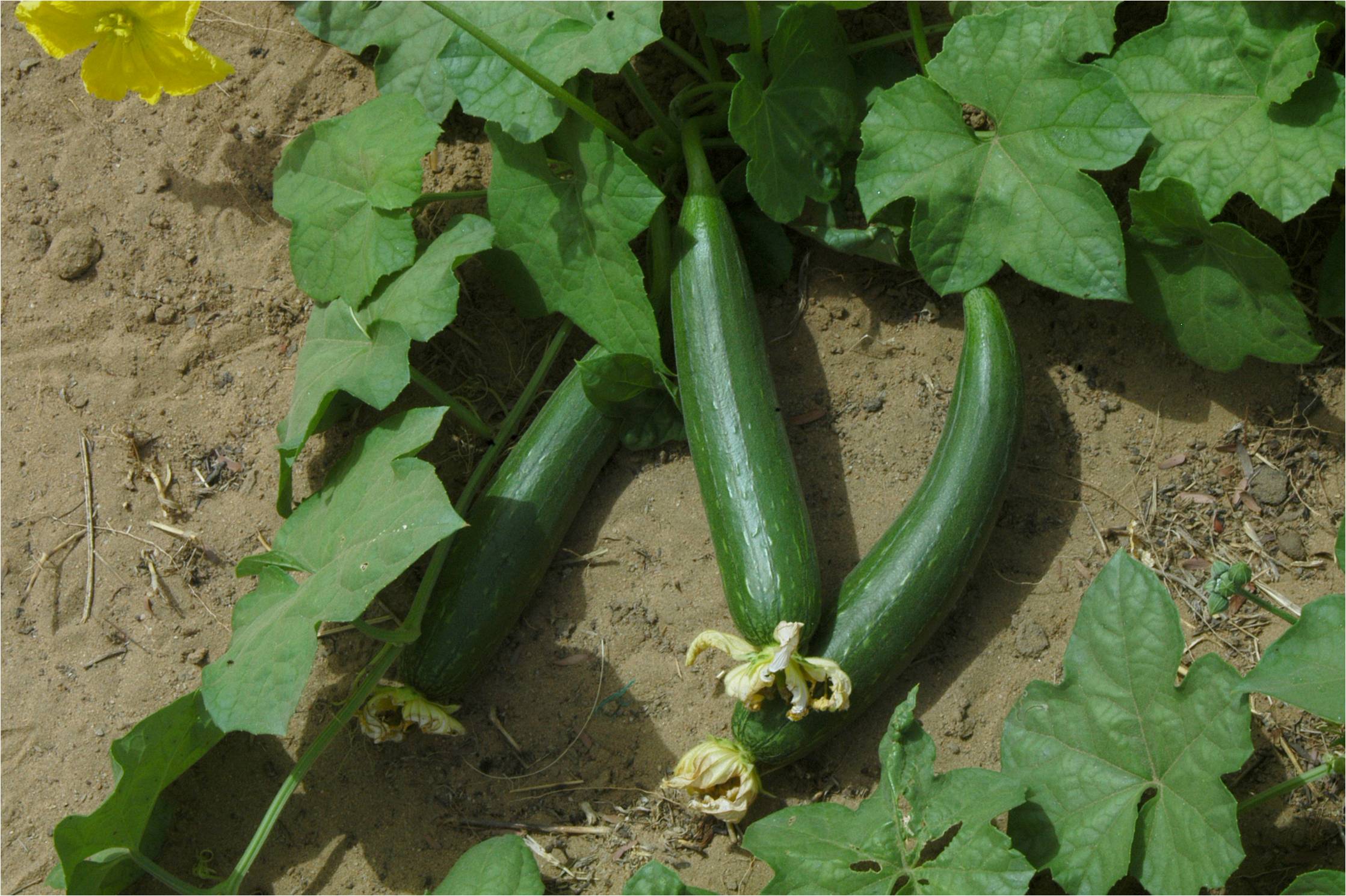
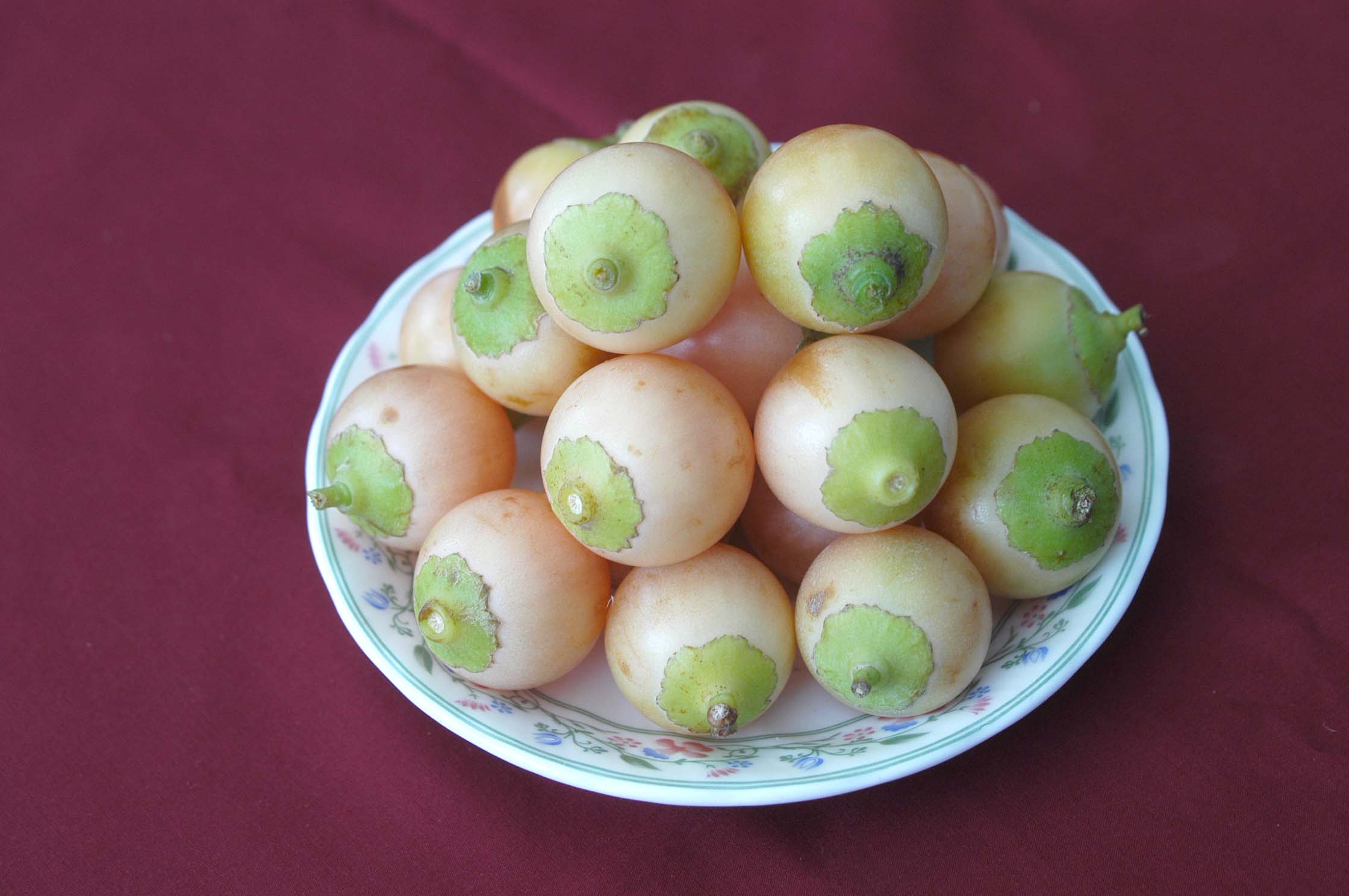

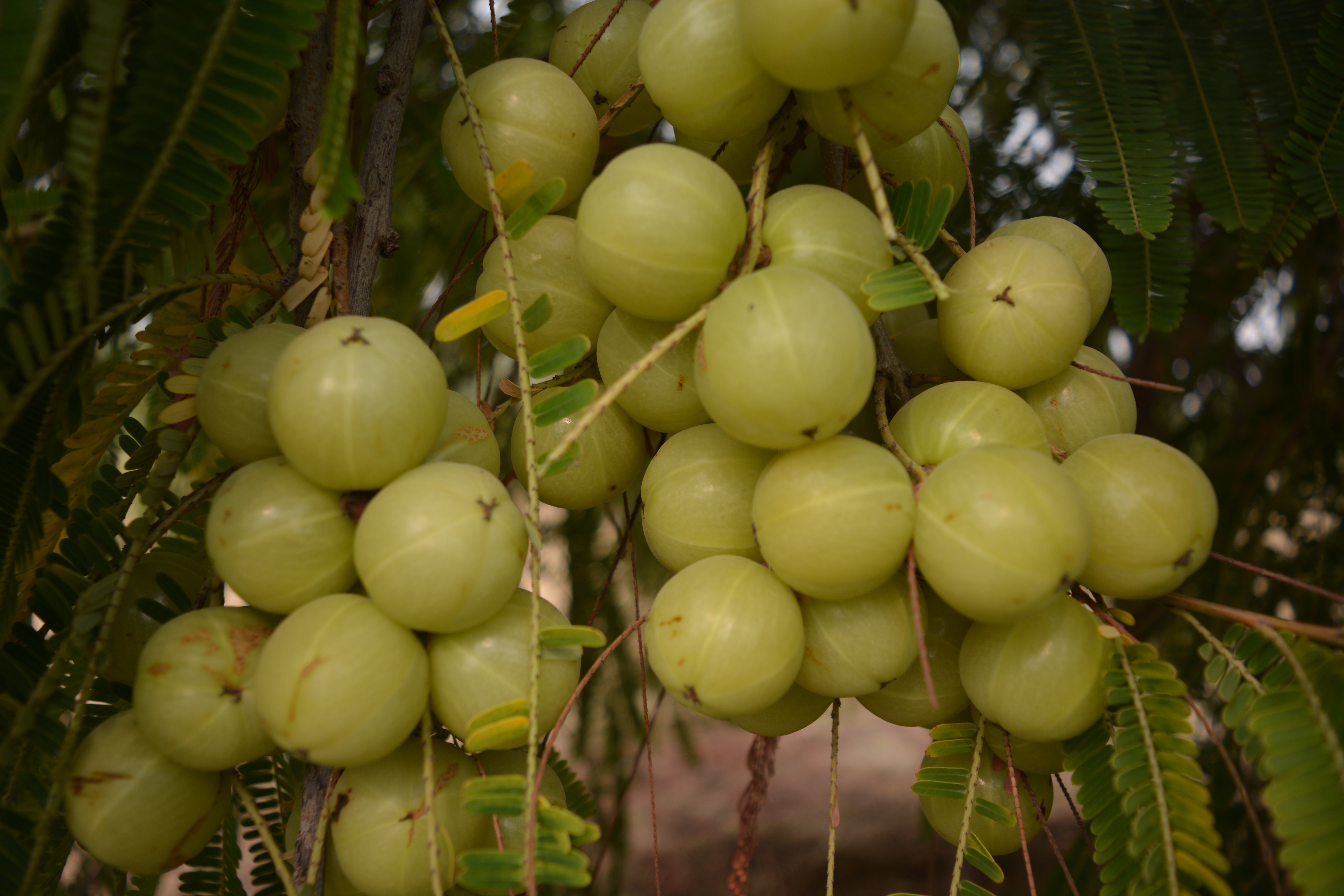




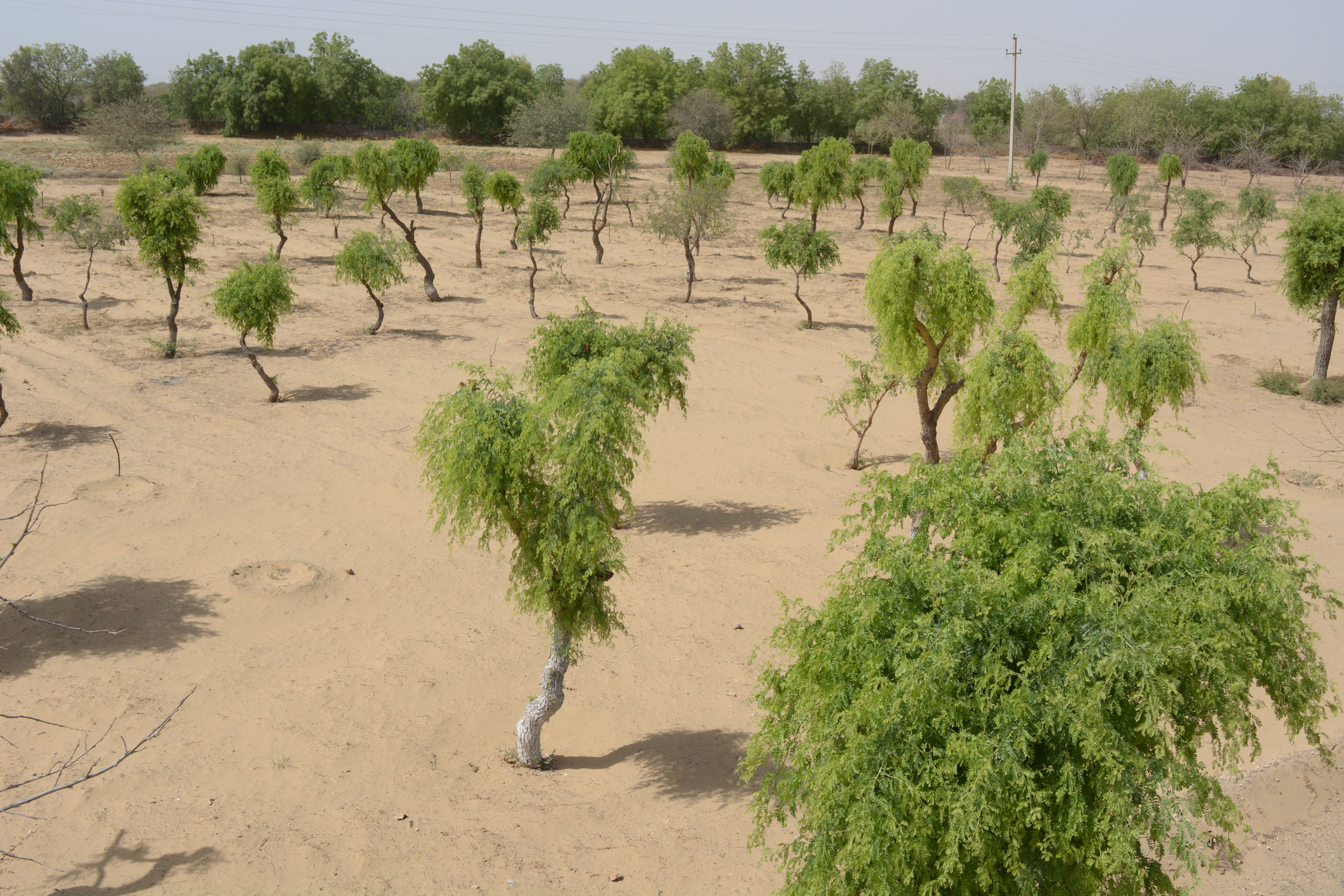




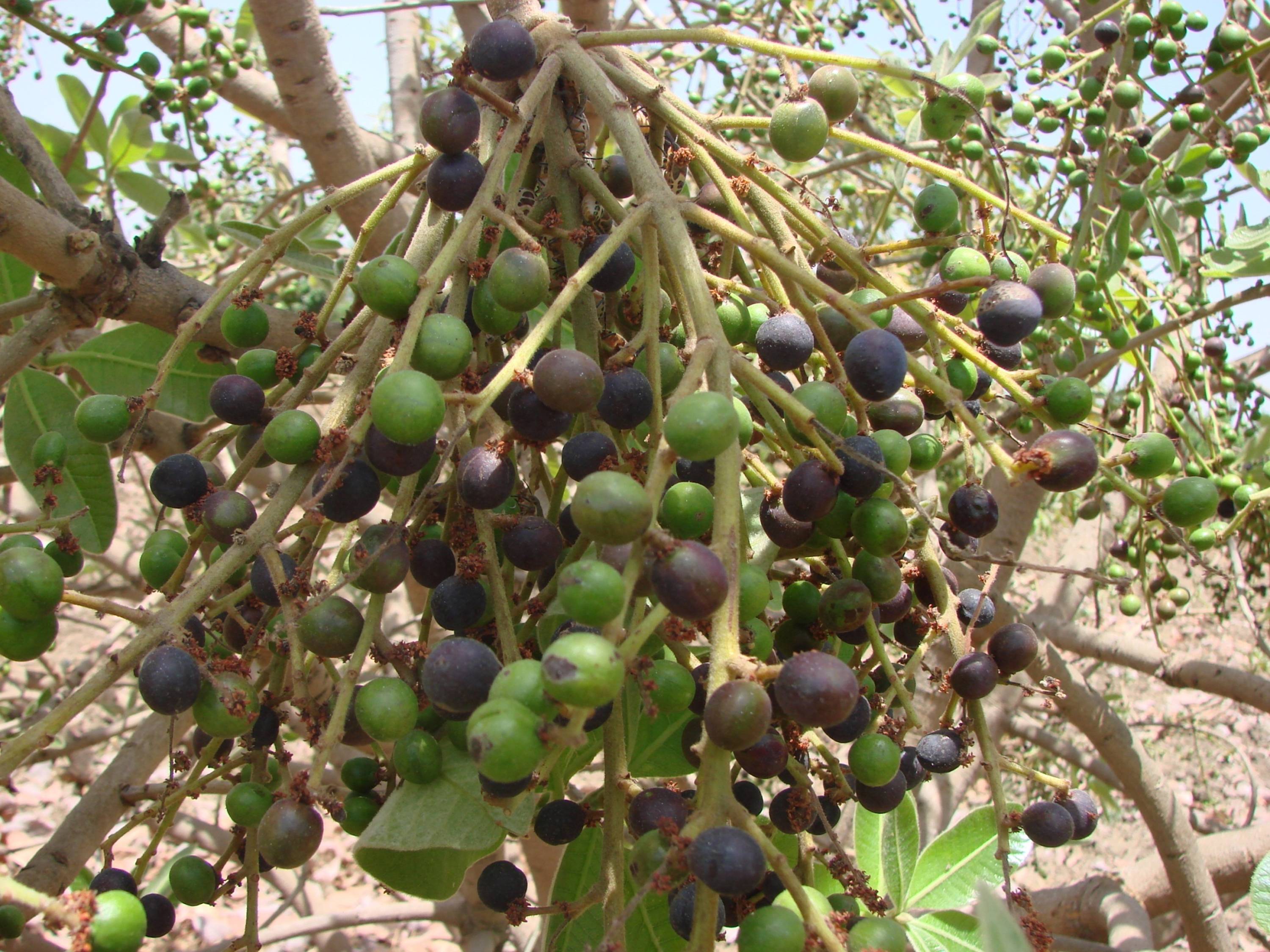

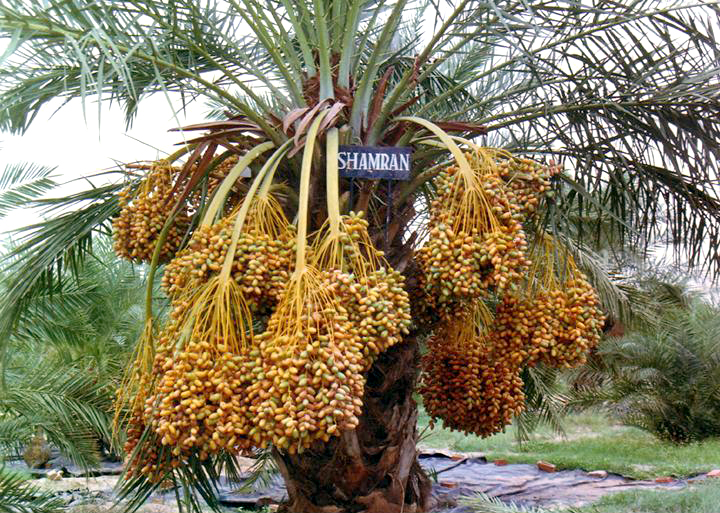


 ICAR-Central Institute for Arid Horticulture
ICAR-Central Institute for Arid Horticulture





















